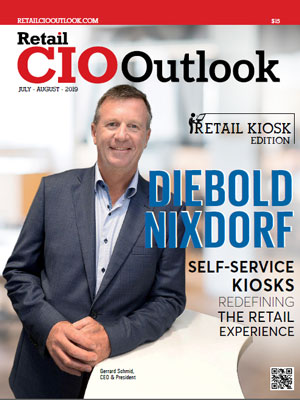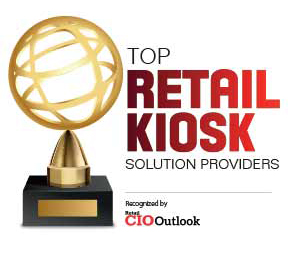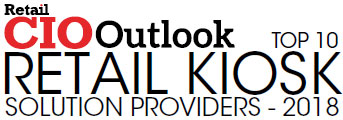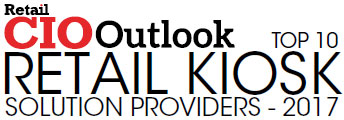Employee-less shops have gained a sweet spot among consumers over a couple of years, triggering a worldwide buzz regarding sophisticated self-service machines or kiosks. Currently, retail organizations, both small and large, are leaning toward kiosk-based order and check-out modules. Fully unattended stores with automated kiosks undoubtedly have pushed the bar higher for innovation in business, although newer technologies are being introduced in an attempt to improve the shopping experience for customers. Retail merchants are, therefore, looking for ways to reduce shopping time, as well as implementation and operational costs simultaneously.
Needless to say, shoppers are already feeling the excitement as kiosks become powered with more advanced technology such as Artificial Intelligence (AI). For instance, self-help kiosks at fast food outlets are assisting customers in purchasing food in the least time possible even during peak hours. Moreover, with Machine Learning (ML) and Natural Language Processing (NLP) working hand-in-hand at the core, kiosks are growing capable of predicting the food preferences of the customers. On similar lines, kiosks at cosmetic stores or apparel chains are guiding customers in making wiser, informed decisions while choosing from a catalog of products.
When discussing kiosks, the potential capability of the Internet of Things (IoT) in reducing shopping time cannot be undermined. Powerful connected devices have ensured faster processing of orders, while customers explore more products that suit their needs. With automated product suggestions, customers are getting an overview of the estimated price of each product that will help them make calculated purchases. In healthcare retail stores, kiosks are guiding customers in choosing lifestyle food supplements and medicines, suggesting new products based on customer preferences and informing them about a missing product. IoT has also proven helpful in maintaining the catalog of products across retail stores, promoting ‘ease-of-purchase’ experience for the customers.
In such a personalized shopping scenario where customers have the power to explore, assess, and choose for themselves, the question of security becomes imperative. Rising to this issue, retail solution providers have brought in Blockchain ledgers for ensuring optimal security to the customers while shopping. Also, customers are enjoying the one-click check-out model, assuring faster payment processing and hence, reduced digital thefts. Moreover, distributed ledgers are securing transaction details of each customer separately, allowing greater control upon one’s purchases. Devoid of manipulation, customers are facing little or no threats regarding their transactions.
To summarize, as retail businesses continue to move a step upward in making the task of shopping more enjoyable for customers, it is essential that they consider ease-of-use and security when encouraging consumers to use a kiosk. While cutting-edge technology ensures quality for the Retail industry, it is an uphill task for organizations to decide on one from the wide assemblage of trends. To make this task easier, a distinguished panel comprising CEOs, CIOs, VCs, Analysts, and the editorial board of Retail CIO Outlook has selected a list of Retail Kiosk Solution Providers.
We present to you Retail CIO Outlook’s “Top 10 Retail Kiosk Solution Providers 2019.”


















